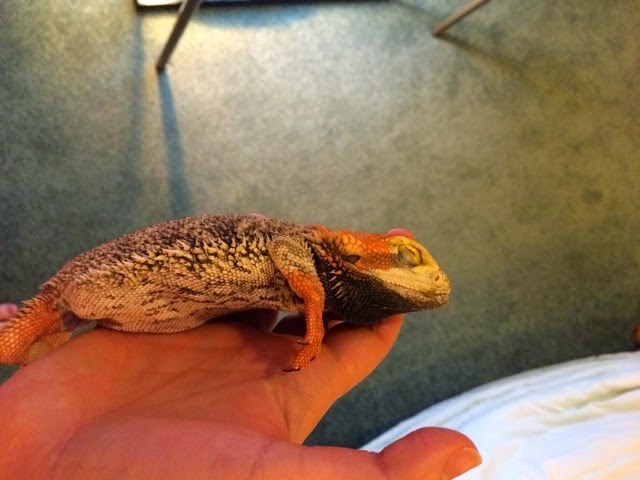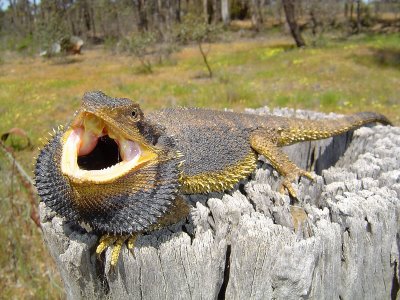Bearded Dragon Parasite Symptoms: What Every Beginner Should Look Out For
Introduction
Having a bearded dragon as a pet can be an exciting experience. These creatures are interesting to watch and have an affectionate personality. However, even the healthiest of bearded dragons can be susceptible to parasites- they can quickly become a problem for your pet. Knowing the signs of bearded dragon parasite symptoms is essential to maintaining the health and wellbeing of your pet. In this blog post, we will look at the common bearded dragon parasite symptoms that every beginner should look out for.
What Are Parasites?
Before discussing the specific symptoms of parasites, it is essential to understand what parasites are. In simple terms, parasites are organisms that live on or inside another organism, causing them harm. In the case of bearded dragons, there are two main types of parasite: internal and external.
Internal Parasites
Internal parasites live inside a bearded dragon’s body and can cause severe problems. They can lead to weight loss, diarrhea, and, in some cases, death. The most common internal parasites that affect bearded dragons are roundworms, pinworms, tapeworms, and coccidia.

External Parasites
External parasites live outside the bearded dragon’s body and mainly cause physical irritation. They can be painful and spread quickly, making them hard to treat. The most common external parasites that affect bearded dragons are mites and ticks.
Common Bearded Dragon Parasite Symptoms
Now let’s take a closer look at some of the most common signs of bearded dragon parasite symptoms. If you notice any of these symptoms, it’s essential to take your dragon to a veterinarian for treatment.
Loss of Appetite
One of the most common bearded dragon parasite symptoms is a loss of appetite. If your bearded dragon starts to skip meals or loses interest in food altogether, it could be a sign that they have a parasite.

Weight Loss
Another common symptom of parasites is weight loss. If your bearded dragon is losing weight but still eating, it could be a sign that they have an internal parasite. It’s essential to take action before it becomes severe and affects their overall health.

Diarrhea
Parasites can cause diarrhea in bearded dragons, which can lead to dehydration and malnutrition. If your bearded dragon is experiencing chronic diarrhea, it’s essential to take them to a veterinarian as soon as possible.

Lethargy
If your bearded dragon is exhibiting lethargy, it could be a sign of a parasite. Lethargy means that your bearded dragon has little or no energy and is inactive more than usual.

Physical Changes
Physical changes are another sign of bearded dragon parasite symptoms. Parasites can cause physical changes in bearded dragons such as dull scales, shedding issues, and skin irritation.

How to Prevent Parasites
Preventing parasites is key to maintaining your bearded dragon’s health. Here are some steps you can take to prevent parasites:
- Keep the bearded dragon’s enclosure clean and disinfected regularly
- Avoid feeding live prey from outside sources
- Maintain a proper diet and nutritional supplements
- Exercise your bearded dragon regularly to help keep their digestive system healthy
- Take your bearded dragon to a veterinarian for regular checkups
Conclusion
Bearded dragons make for great pets, but they can fall ill like any other animal. Being aware of the signs of bearded dragon parasite symptoms is important to ensure they stay healthy and happy. If you suspect your bearded dragon has a parasite, take them to a veterinarian immediately. By following the preventative measures listed above, you can help keep your pet healthy and parasite-free. Remember, prevention is always better than cure!
